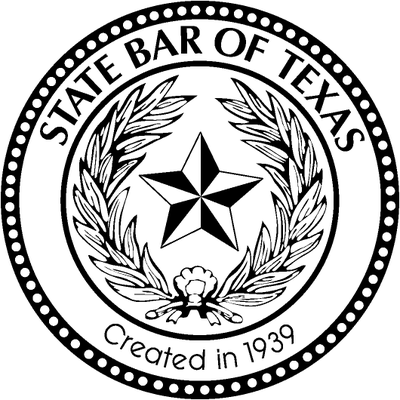Welcome to Texas Business Matters! Today we talk about another commonly-held myth that prevents employers from acting on a credible claim of sexual harassment—specifically, that of the “Superstar” harasser. The “Superstar” harasser is an employee believed to be too valuable to terminate. Think Matt Lauer, the former host of NBC’s “Today,” who…
Read More
In Texas, if you work for a private employer, it is often perfectly legal for the employer to fire you for reporting illegal activity. However, there are some notable exceptions to this general rule. One is section 260A.014 of the Texas Health and Safety Code. This 2011 statute prohibits discrimination…
Read More
2012 brought Texas businesses lots of employment law changes. In case you missed it, here is a short video of my recent talk on the radio program Money for Lunch about some of the highlights, including social media, arbitration, the top EEO claim against Texas employers, and what you can…
Read More
What is the number one equal employment opportunity (EEO) claim filed against Texas employers? Contrary to what you might think, it is not discrimination based on race, sex, disability, age, national origin, genetic information, or religion. Nor is it sexual harassment or equal pay. According to the EEOC's 2011 statistics, it is retaliation. Retaliation happens…
Read More
What does discrimination on the basis of "sex" mean under Title VII? When the Civil Rights Act was passed in 1964, it prohibited discrimination based on a lot of really big, important categories---such as race, national origin, religion, and sex. Back then, everybody knew what sex discrimination meant—it meant discrimination…
Read More
In 1964, Congress passed the Civil Rights Act. Title VII of the Civil Rights Act outlawed major forms of discrimination, including discrimination based on race, national origin, religion, and sex. At the time, sex discrimination meant discrimination against women. Today, however, courts are grappling with the boundaries of sex discrimination…
Read More
Mediation often occurs at the beginning of the EEOC process, before a lawsuit has been filed or discovery has been conducted, creating unique challenges for employers. Here are my top 5 tips for a successful EEOC mediation. 1. Get the information you need to make a business decision. How strong…
Read More









